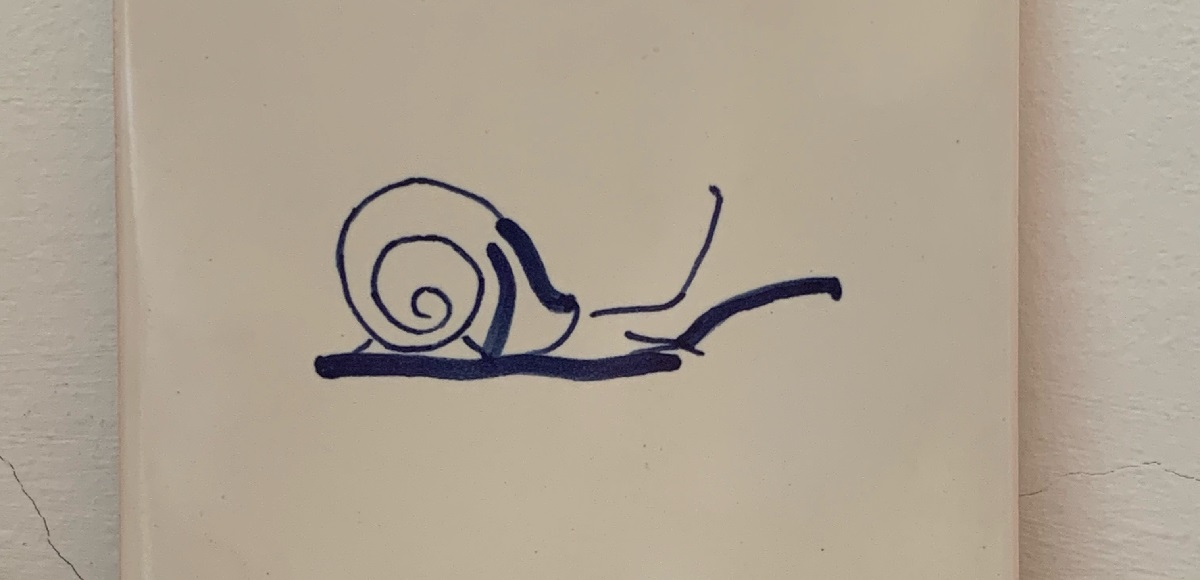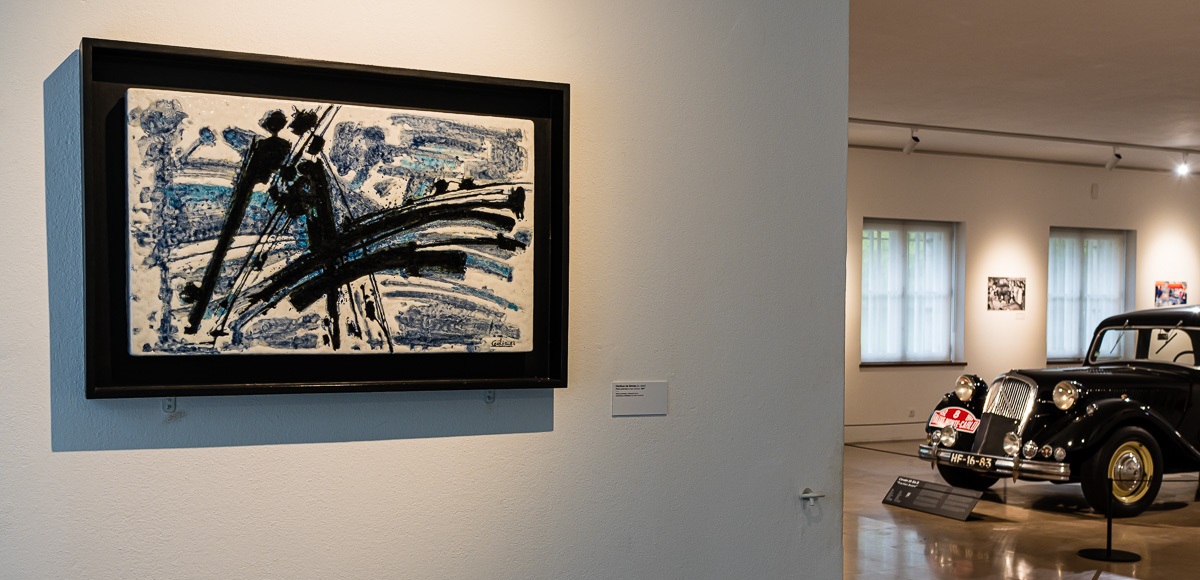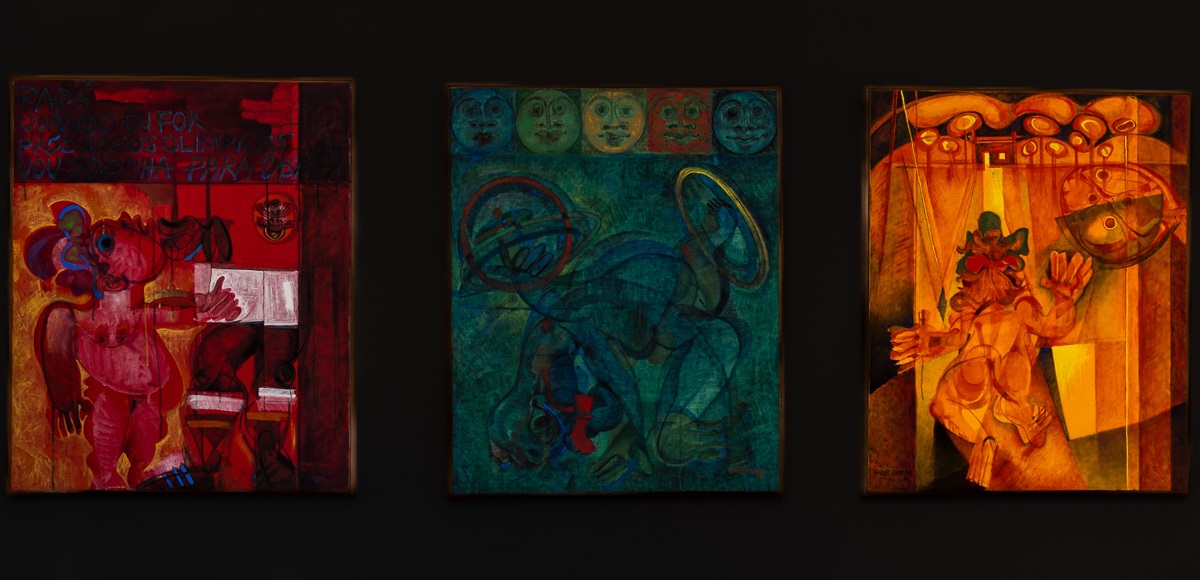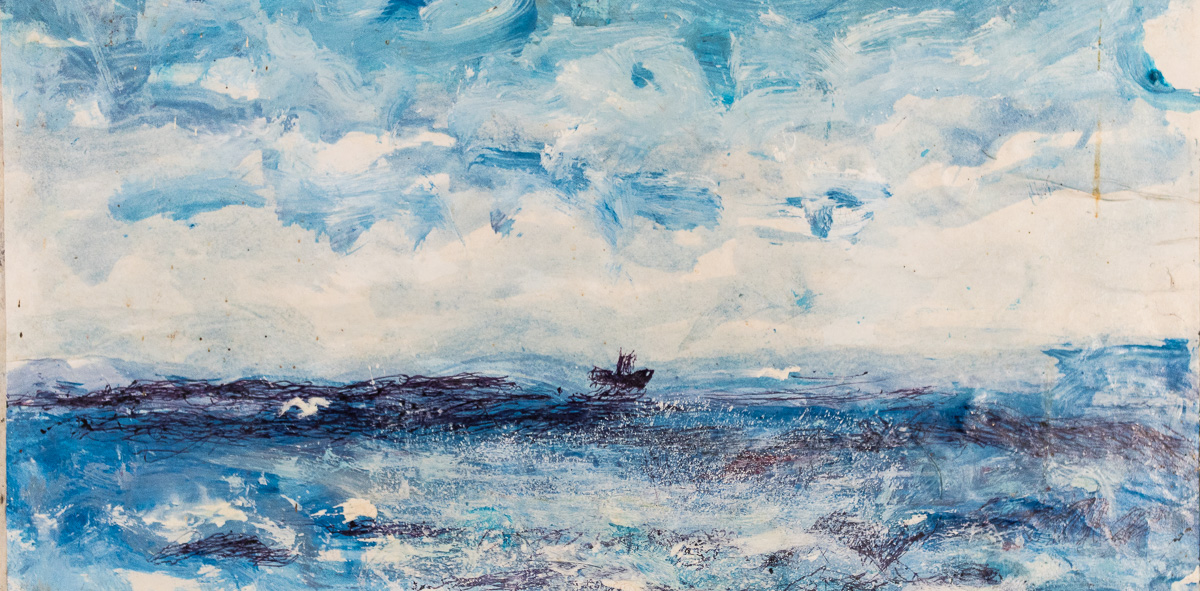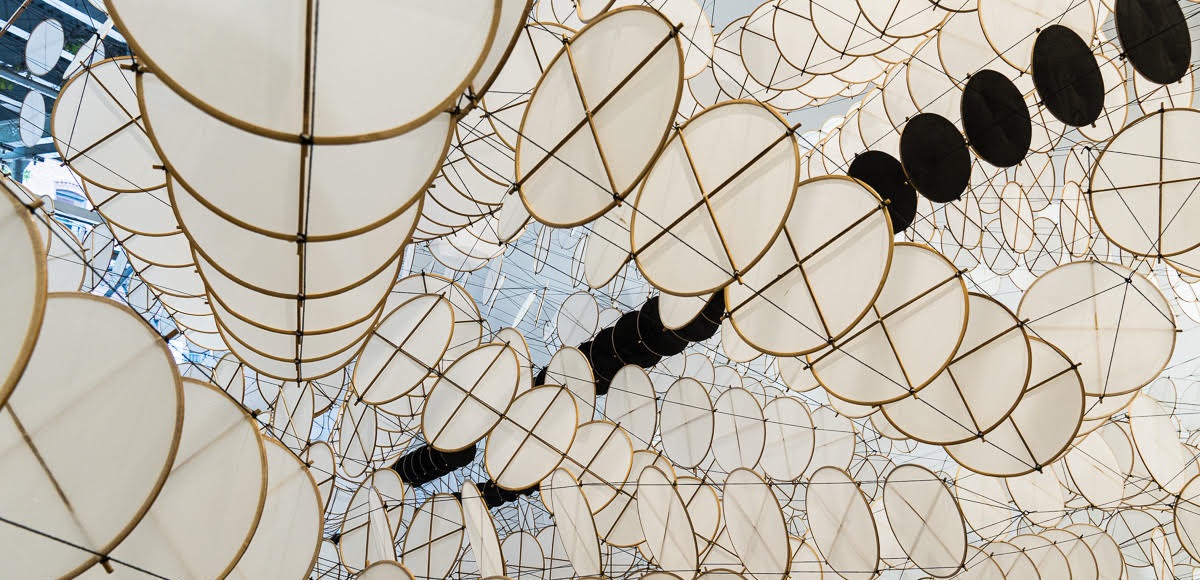The Lesser Bohemians, by Eimear McBride
Wordish, sex full, wonderwise
Wonderful word-wash of a burnt mind, a late-teen Irish in her first drama of London, the delight of McBride’s dexterity, each sound new-placed, like a Greek play in a Yeats poem, young is old.
Is she hiding behind, the language so swift it slow unfolds, the speed of her Eily, feeling-observing each thing as strange and fear-laden, the one rule never to show that you don’t really know, you’re terribly new, not body-shy no not at all.
Still, early days (all of page thirteen) but my questions are these: can Eimear move beyond the wide stage inside her head? And will other people be given independent life? (They were not, in her first-bursting book, The Half-Formed Thing; and I’m not convinced about her man, this book.)
It’s the i-line, first and last, the only me who matters, head over ass with the older man lover.
No matter, it’s a stone hurtling down a well, narrow and deep, and echoes blow soft as the wind across a Bloom-free city – and not a drop of water. There’s no home-running sailor’s plot to hold up a mirror, it’s small scale – except the impending, I’m sure it’s a-coming, the past-disturbed cutting into deeply-troubled.
No matter, the joy of twisting phrases, McBride’s sly teasing way, her shark-cruising emotion, a constant stir, her style is her content, ancient love splashes the dry wall on which hurt shadows play.
One paragraph from page flirt-teen says it tall – the Irish girl out early after a night of booze:
‘Morning freeze. Market. Downed I at dawn. One foot in rubbish. One in Camden. Suckering up unctuous noodles now for lunch and no longer listening out for birds. It turns lonely though, shouldering in through the hordes. All the speculative friendships, I, jealous, observe. It’s just space but I have so much distance to make and this seems such a wilful world.’
There you have it. The pin-prick awareness of the raw girl, hopelessly visible, a thin sliver of self-pity buried beneath her naked determination, plunging into a newly familiar pain-pit.
Much drunk-sex-nasty, scenes repeated, slicks of incest for the girl and her beau-monde. It sickens as it thickens.
The Lesser B emotes like part Two of The Half-Formed Girl, now she’s left Our-Land for Lundun, McChild-Bride is on the same train, although softer stations later.
She swim out through slime, Eily and her English man-actor. The far shores appear tender, until suspect cut-stones prevent landing.
They talk. They talk a lot, like teenage lovers falling apart, as they do before they come together.
Eimear’s words are worth it.
Mark Hudson
Dezembro, 2018
About Eimear McBride
Eimear McBride was born in Liverpool in 1976 to Irish parents. The family moved back to Ireland when she was three. She spent her childhood in Tubbercurry, Sligo, and Mayo. Then, at the age of 17, she moved to London to begin her studies at The Drama Centre.
Her debut novel A Girl is a Half-formed Thing received a number of awards including the Goldsmiths Prize, the Baileys Women’s Prize for Fiction and Irish Novel of the Year. In 2016 she won Britain’s oldest literary award, the James Tait Black prize, for The Lesser Bohemians and was shortlisted for the Goldsmiths Prize and the RSL Encore Award.
McBride now lives in Norwich with her husband and daughter.





